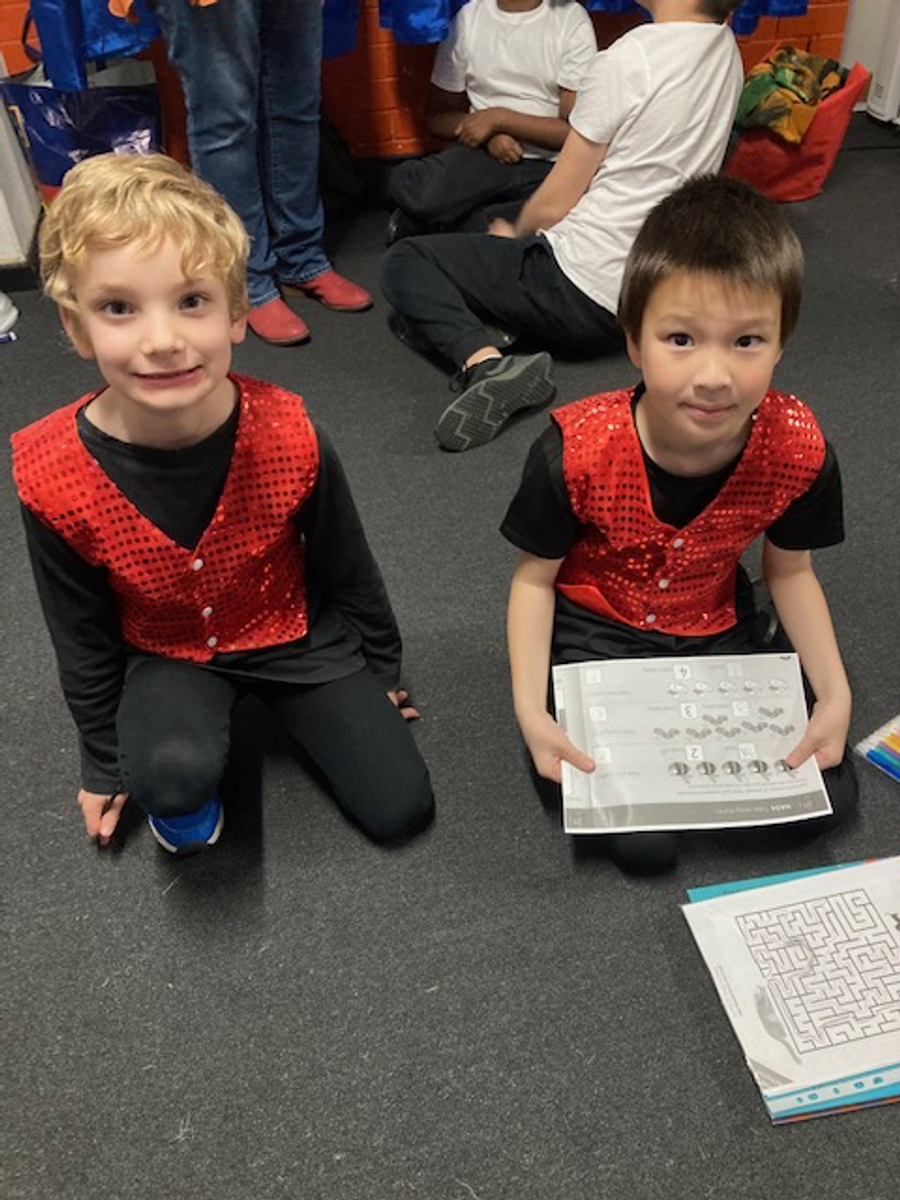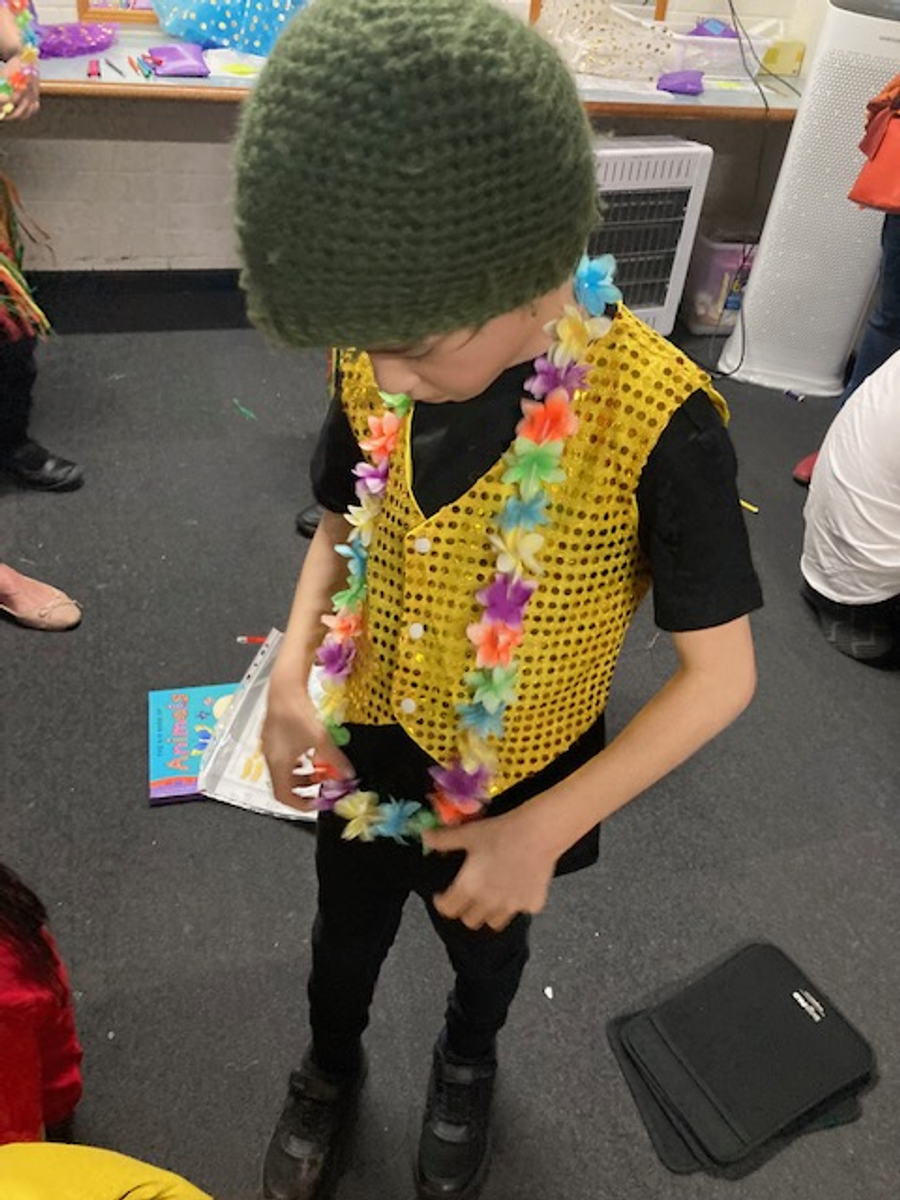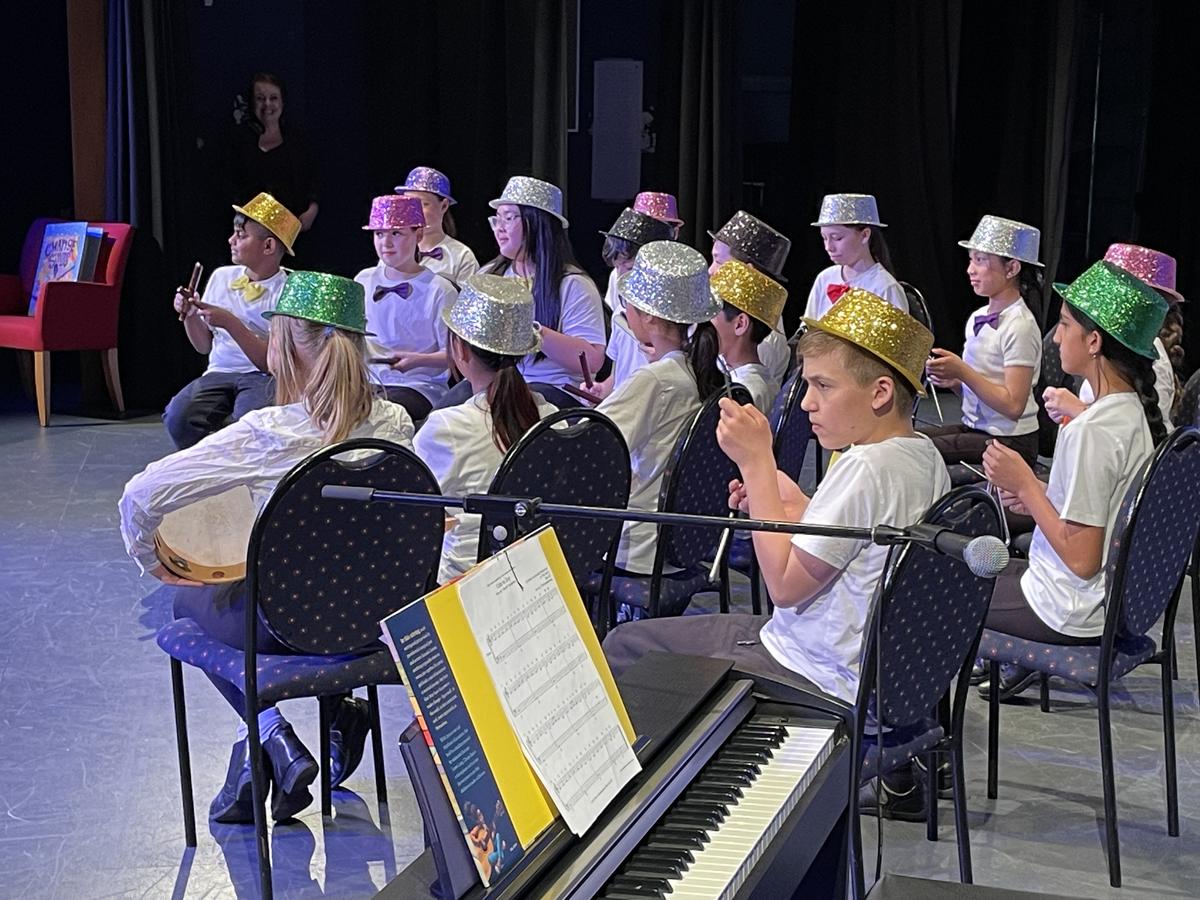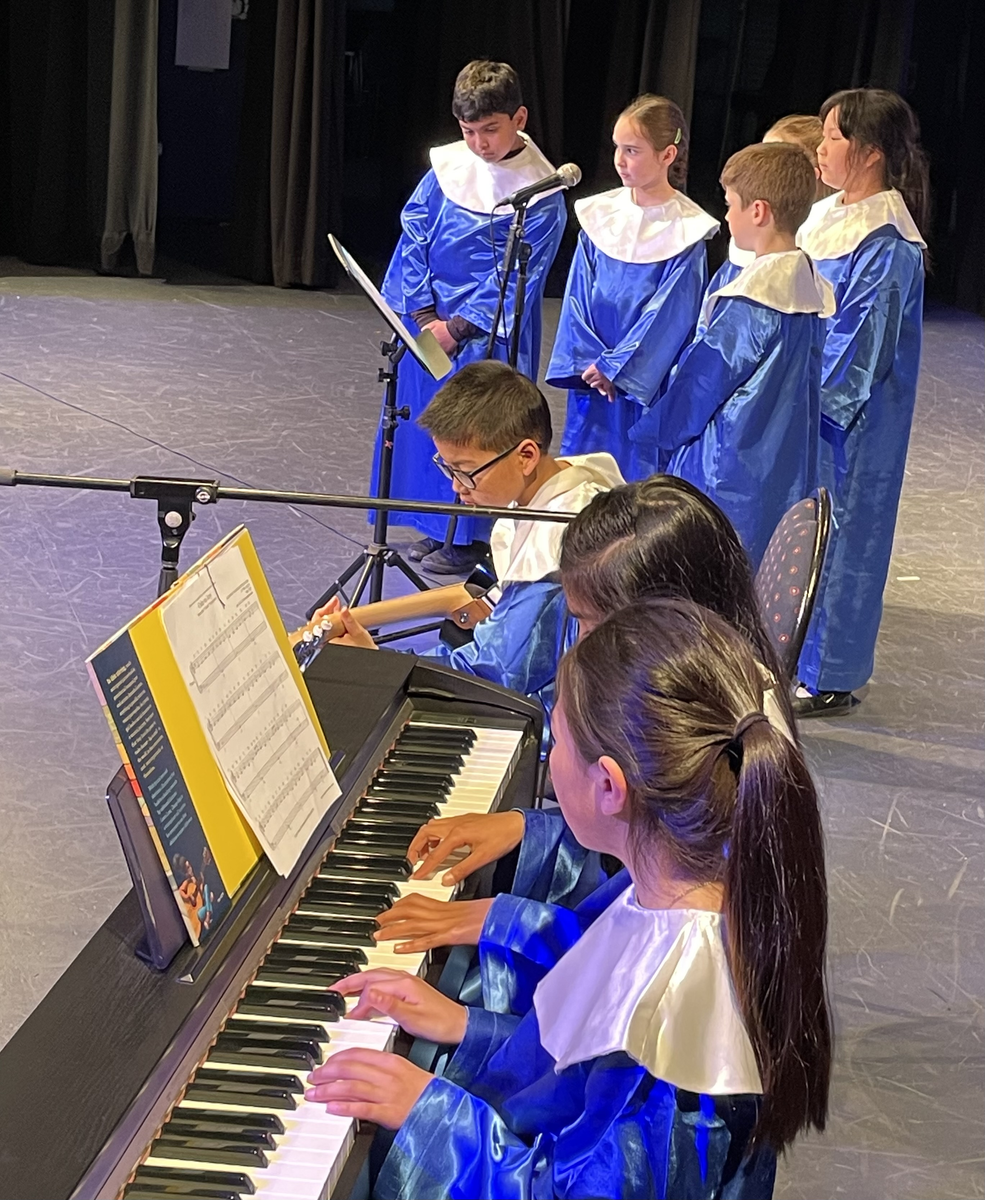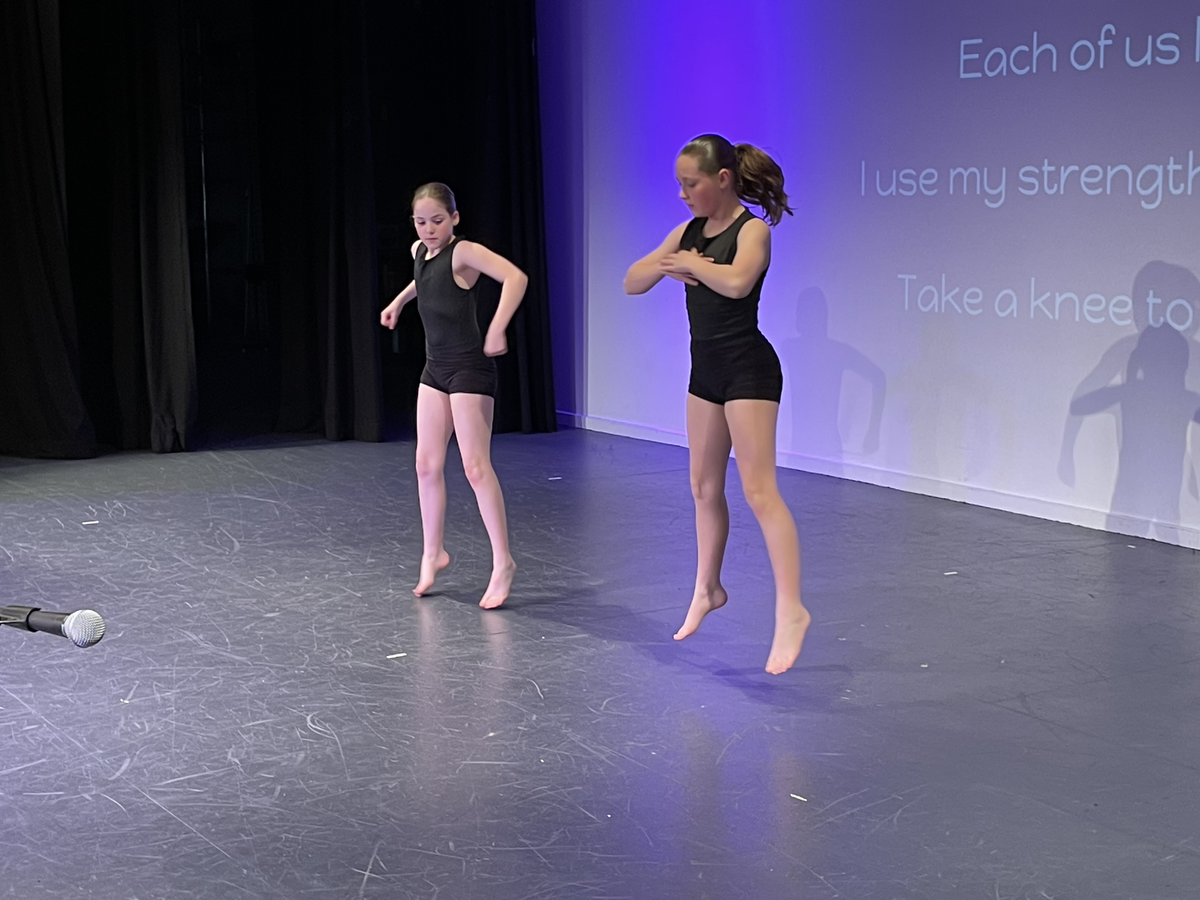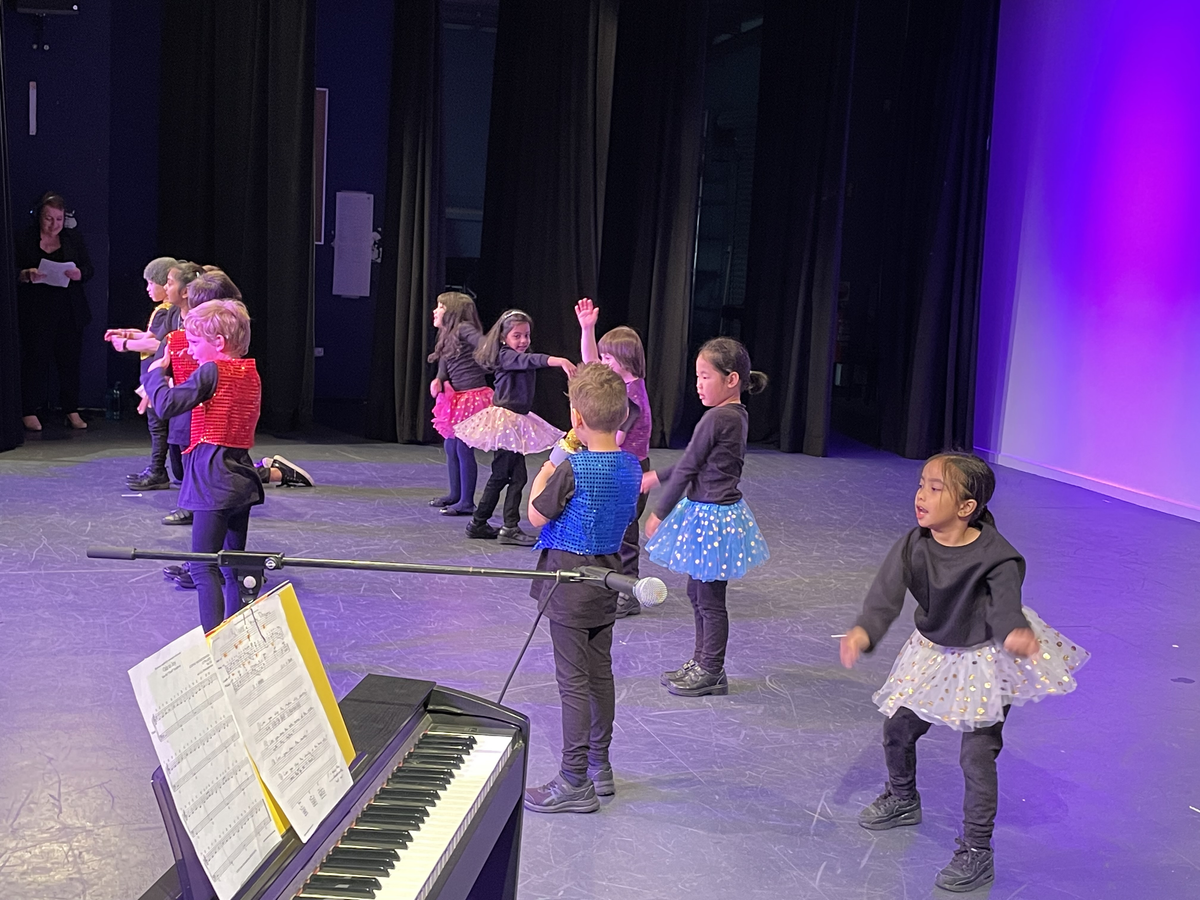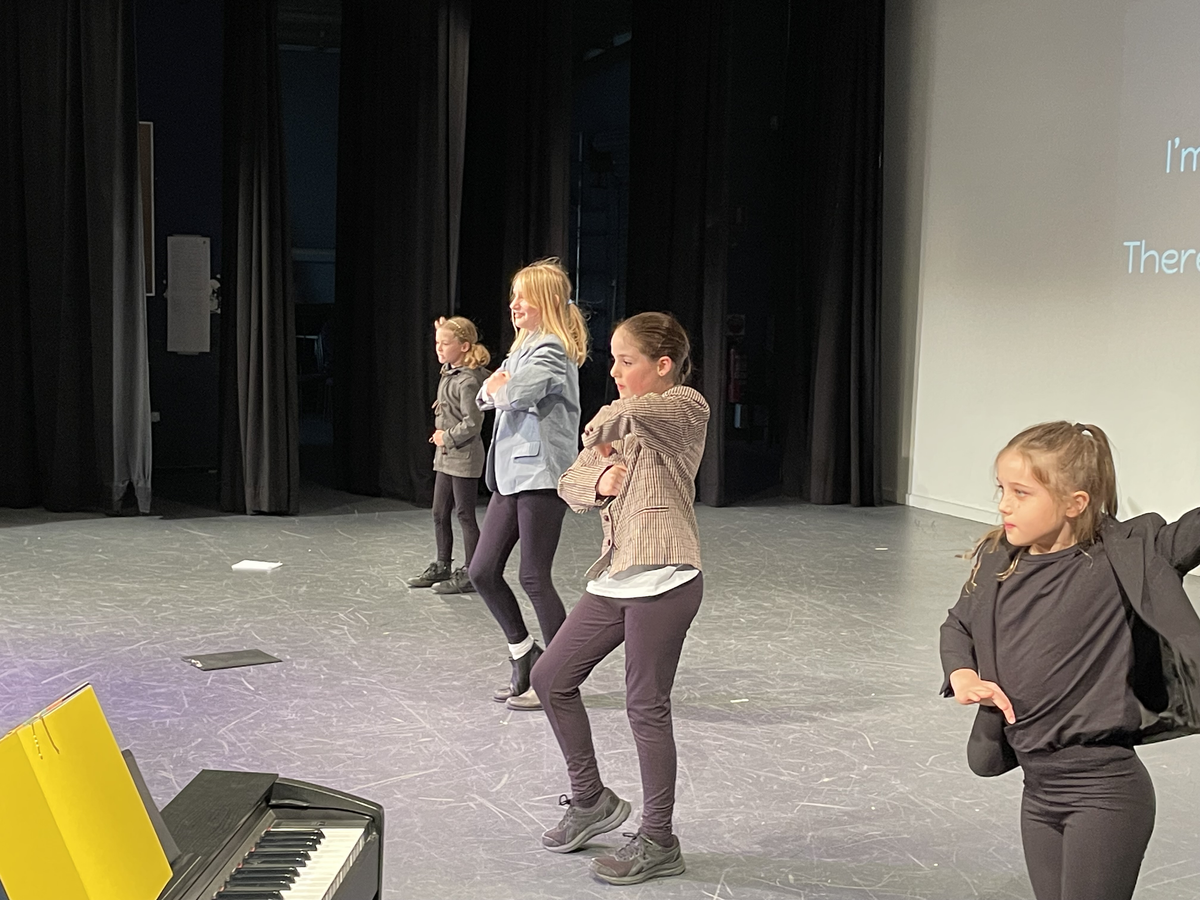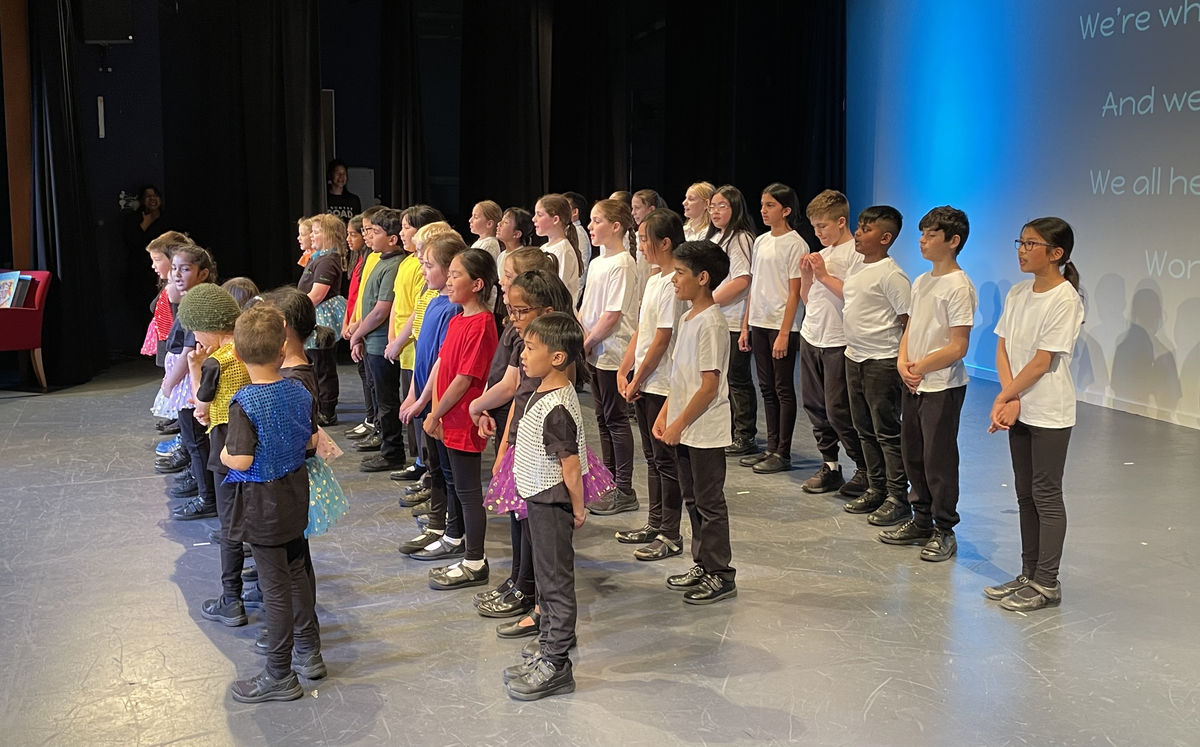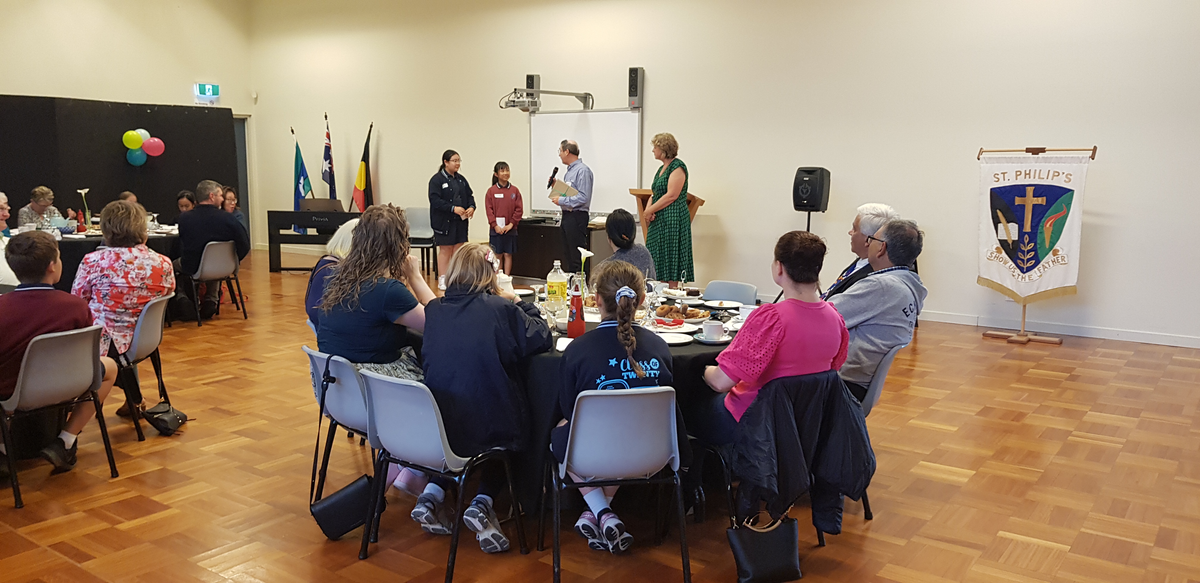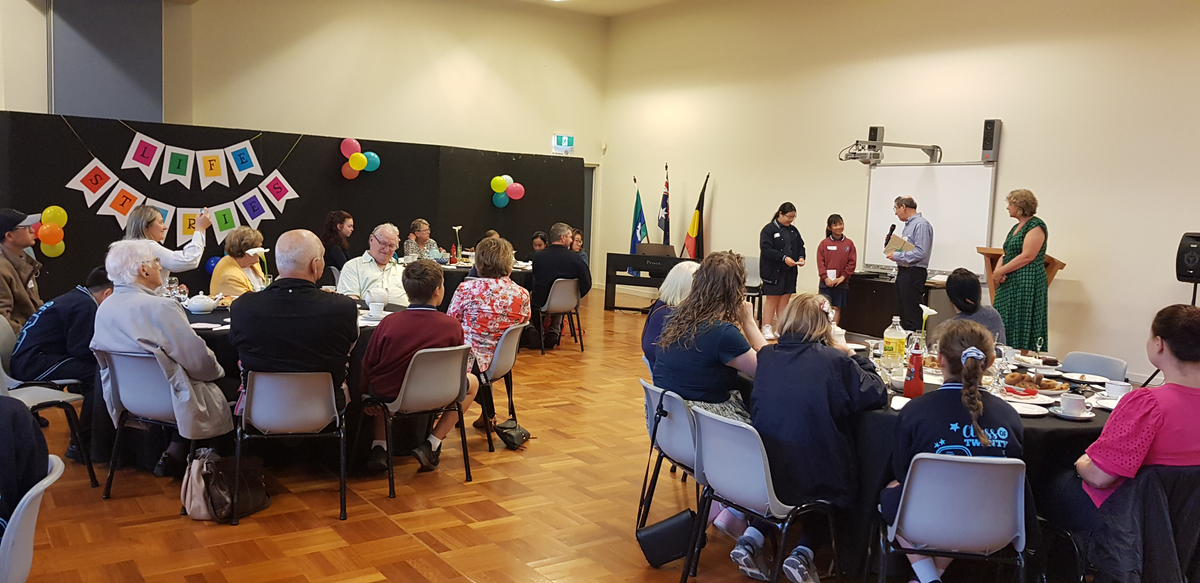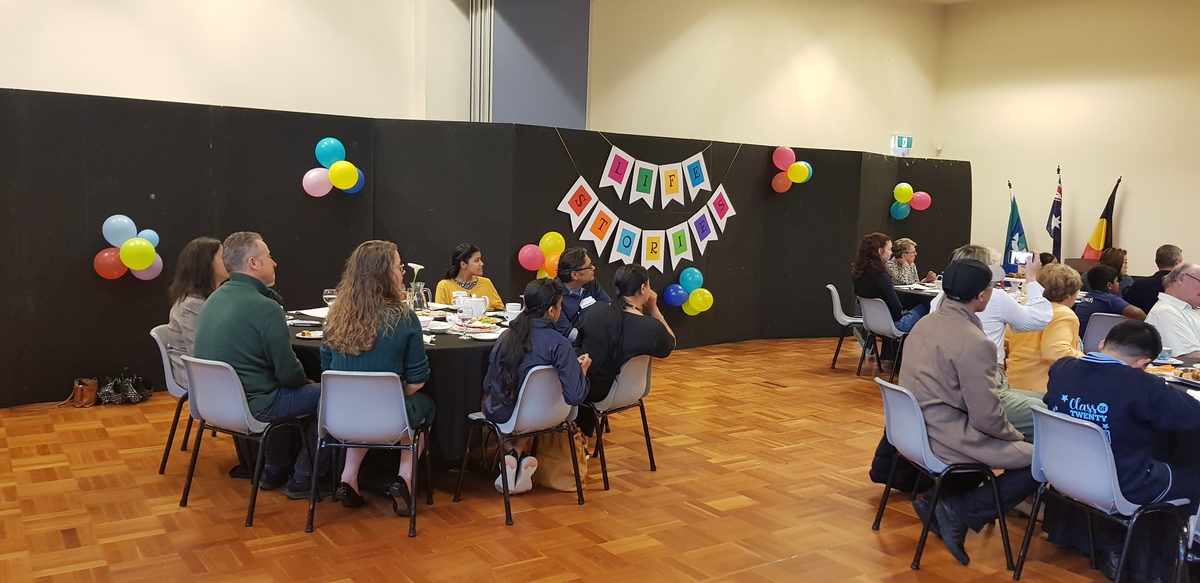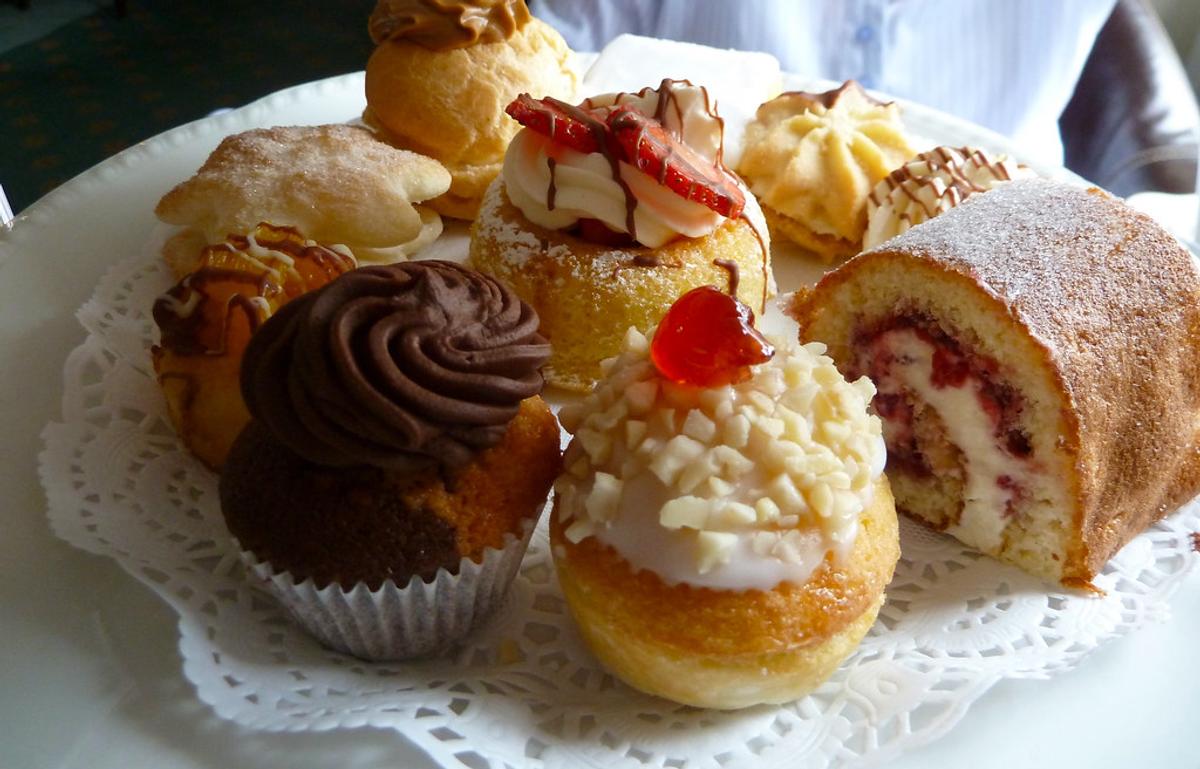Where everyone is Welcome!

Calendar Dates- What's on.
OCTOBER
5th Scienceworks - Whole School Excursion
12th STEM MAD Presentation
13th Parent Social Evening
16th STEM Incursion - YV Water
19th Fire Ed - Prep
26th Fire Ed - Prep
PLEASE NOTE: SUPERVISION OF STUDENTS IS BETWEEN 8.40AM TO 3.45PM ON SCHOOL DAYS.
PRAYER
Hail, holy Queen, Mother of mercy,
hail, our life, our sweetness and our hope.
To thee do we cry, poor banished children of Eve:
to thee do we send up our sighs,
mourning and weeping in this vale of tears.
Turn then, most gracious Advocate,
thine eyes of mercy toward us,
and after this our exile,
show unto us the blessed fruit of thy womb,
Jesus, O merciful, O loving,
O sweet Virgin Mary
Amen
From the Principal
Dear Families,
Welcome back.
The month of October is one that is dedicated to the Rosary, through which we are drawn closer to Christ through Mary. We are also strengthened by our relationship with Mary through her faith, hope and love.
The first week of term has been a busy one with many different things happening.
On Tuesday we celebrated the launch of the Life Stories Program. The program began last term and involved the 5/6 students and parishioners. During five sessions the students met with one of the participating parishioners. They listened to their life story, learning more about them, transferred their notes into narrative form and created a book that was published. The experience was valuable for all involved, in particular because of the relationships that were formed. It also enabled the students to develop their writing, speaking and listening, critical thinking and personal and social learning. Many thanks and appreciation to Mrs Kinsman who led and coordinated the program. Gabe was heavily involved in every aspect of the program including catering for the morning tea.
This morning there was a lot of excitement around the school as the students gathered before boarding the bus to Science Works. The students’ participation in the excursion complements the learning they are doing in the classroom and other school environments as they focus on science.
STEM
During Term 3 many of our students participated in the STEM MAD (Make a Difference) competitions, facilitated by MACS. Ryan Y (Yr 6) was awarded a prize for his STEM poster. Belinda L, Eliza R, Jane M and Zara R (Yr 5) worked as a team to create an innovation to help others. Next week the girls will present their design to other schools at the Catholic Leadership Centre in East Melbourne. Many thanks to Mrs Michelle Sherriff for her support in not only teaching STEM but for co-ordinating the students’ participation in the competitions. Michelle will also be escorting the girls to the presentation ceremony.
School Assemblies
School assemblies for this term are listed below. We do encourage parents and friends to attend when available. The students enjoy sharing their learning with our community. Visitors to assembly are also welcome to stay for a coffee or tea afterwards.
| Date | Class |
| 06.10.23 | General Assembly |
| 13.10.23 | General Assembly |
| 20.10.23 | Grade 5/6 |
| 27.10.23 | Grade 3/4 |
| 03.11.23 | Grade 1/2 |
| 10.11.23 | Prep |
| 17.11.23 | No Assembly – Author Visit |
| 24.11.23 | General Assembly |
| 01.12.23 | Advent |
| 08.12.23 | Advent |
| 15.12.23 | Final School Assembly |
Best wishes always,
Michelle Worcester
Principal
STEM Sustainability Request
As part of our STEM focus on Sustainability this term, we are after several large (empty) ice cream containers please. Ideally any 2 Litre or 4 Litre containers or something of similar size. We are going to place these underneath our drinking taps to collect excess water, which will then be used on our gardens.
Thank you.
Mrs Sherriff
SCHOOL CONCERT
Our students performed beautifully at our school concert "Change Sings" at the end of last term. Thank you to our wonderful staff for organising a fantastic performing arts evening. We have included a few snaps.
LIFE STORIES
On Tuesday of this week our Life Stories Books were presented to the participants of the Inter Generational Program. It was lovely to have family and friends of the participants and students on site for the presentation.
PARENTS & FRIENDS
Welcome Back for term 4! This term we'll be hosting a Casino Night for all parents and friends of St Philips. See below for more information.
Thank you for your continued support of the school and the P&F.
Ashley Mitcham and Veronika McLindon
pandf@stphilipbbn.catholic.edu.au
See below for important P&F notices:
Casino Night
P&F are hosting a Casino night for Parents and Friends.
Friday 13th October from 7pm, in the Father Arnold Hall.
No cost, just a chance for parents and friends of the school to catch up and have some fun together!
Please indicate here that you would like to attend; for catering purposes. https://forms.gle/rThcNb2sZk9groD28
Hope to see you there!
Cake Raffle
Thank you for your tasty support of the cake raffle!
Here is the sign up sheet for term 4!
Cakes need to be delivered to the school office on Friday morning.
Please include your family name and ingredients.
Tuck Shop
Tuckshop is Open Tomorrow.
Thank you to Nicole and the tuck-shop team for running tuck-shop.
Looking to get involved? Please contact: Nicole George - 0409 253 863
Entertainment books are another piece to our fundraising puzzle. When you sign up you receive 12 months of discounts and offers - and our school benefits - 20% of every membership purchased goes to support our school!
https://subscribe.entertainment.com.au/fundraiser/9a27151
COMMUNITY
Parenting in the East - What's on Guide
(formerly the PZ Newsletter)
In Term 4, ParentZone Eastern are offering the following 6-week parenting programs, as always FREE of charge!
- Talking Teens
- Dad’s Matter
- Parenting Anxious Children
- Tuning into Kids
- Living with ADHD/ADD
Parents and carers are connecting and supporting each other in the Strengthening Parent Support Program’s ongoing peer support groups which are offered both online and face to face for parents who have a child with a disability or developmental delay (diagnosis not necessary)
For information on the events above, as well as parenting events and support programs in the East please check out our latest Parenting in the East – What’s On Services Guide
How to help your kids transition to high school
The challenges of making new friends, managing schedules and the hormones of puberty can be overwhelming for new high school students. (Unsplash/Benjamin Voros), CC BY
Michael Lee Zwiers Assistant Professor Educational Psychology, University of Calgary
At this time of year, it can sometimes be hard to tell who’s more excited about returning to school, youth or their parents.
But the excitement for kids about new friends, teachers and ventures can be overshadowed by anxiety and stress, particularly if they’re moving into high school.
The sheer size of a high school building can be overwhelming to the uninitiated. The potential loss of social status among a larger group of peers and the increased number of teachers — each having different styles and expectations – can be intimidating for newcomers. Add to this the hormonal changes that accompany puberty and drive physical, emotional and cognitive growth, and the demands on young people can be overwhelming.
In high school, teachers tend to stay in one place while the students rotate through their classrooms. This can be difficult for students who are used to having a homeroom teacher for the majority of their subjects.
Some high schools have instituted homerooms for core subjects such as language arts and social studies. These allow students to connect daily to at least one key adult who knows them and ostensibly has their best interests in mind. Regrettably, this practice is rare past Grade 8.
Fortunately, parents and their children can take some steps to make the transition easier. As an educator and a psychologist from the Werklund School of Education at the University of Calgary, I offer you a few simple strategies:
1. Get to know the school space
Familiarity helps to reduce anxiety. If possible, youth should try to tour the school halls in advance to get to know where specific rooms are located. Of course, it helps if they can have a school map to help them navigate. It’s always important to learn where key spaces are such as the administrative offices, washrooms, cafeteria and water fountains.
2. Make the leap with a few friends
The adolescent years are significant in the transition from relying on parents to learning to trust and rely on peers. During this time, peer socialisation becomes critically important and being part of a peer collective can make the transition smoother while helping to ease stress. Confidence in social interactions with peers contributes to positive self-evaluation and successful school transitions.
Youth can identify friends from their previous school who plan to attend the same high school. If they live close together, they can travel together to school or plan to meet up before school, at lunch breaks and during times when they might not have scheduled classes. Among other things, this will give them the opportunity to share and compare experiences — essentially normalising what they are going through, while brainstorming solutions to challenges they might be facing.
3. Identify clubs and interest groups
These hobby-based groups tend to be smaller than regular classes and have supportive teacher sponsors with an interest in the subject area. This can be an easy way to connect with others who have similar interests, while building a support network at school.
Since the high school years are ones of exploration, novelty seeking and even risk-taking, such groups offer an opportunity to explore interests in a safe environment.
4. Help with planning and organisation
In high school, there’s an increased expectation for students to take responsibility for planning and organising materials for themselves, as well as getting to class on time, handing in homework and assignments and coming prepared for quizzes and exams. This also includes managing class materials, unique clothing for sports and clubs, musical instruments and other school equipment. Most schools offer a personal planner booklet that can help students to overcome some of these challenges. However, most will require support to be able to use and maintain them properly.
It’s true that adolescence is a time of cognitive growth and consolidation. This comes from the myelination of nerves (insulation for faster signals) and the pruning of neural networks (specialisation for efficient brain function) that improve thinking capacities. However, the adolescent brain keeps developing well into the early 20s. Higher order thinking, planning and foresight can take time to develop.
5. Organise a study schedule
Family support and parental engagement are linked to academic success. It’s important to start building study habits early, even if there is no assigned homework to do. Students should plan for 30 to 60 minutes of study, homework and project work per night. It is often best to schedule a regular time, such as just before or after the family dinner.
Whatever the schedule, it’s also important to take breaks after school. And try to plan time carefully so that such work does not drag on and become demotivating.
6. Monitor stress
Even after settling into the new environment, getting to know teachers and their expectations and collecting a group of friends, the level of stress in high school can still be intense. Schools can be competitive environments. Exams (particularly high-stakes final exams) can be stressful to the point of debilitation. And social demands can be overwhelming.
Challenges like these can be exacerbated if students have unique needs such as physical or sensory impairments, learning disabilities, attention deficit hyperactivity disorder (ADHD) or a mental health condition such as anxiety or depression. In cases where such challenges are known in advance, it is important to connect to the receiving school’s specialised supports, which often come in the form of guidance and counselling services and accessibility services.
Kids should also be monitored to ensure they’re coping with the demands being placed on them. Their ability to cope can change day to day and month to month, and parents should be ready to offer support when it’s needed. In some cases, stress can become overwhelming or persistent to the point of immobilisation. If they aren’t experiencing reduced anxiety within a month, they likely need help.
If so, specialised professional support may be needed to identify the underlying problem and intervene appropriately. School counsellors can be a good place to start, while family doctors can often point the way toward a good child psychologist or counselling specialist.
With the right kind of planning and support, the transition to high school can be a life-changing and empowering one that can set your youth on the path toward an amazing future. Start now to plan for success.



